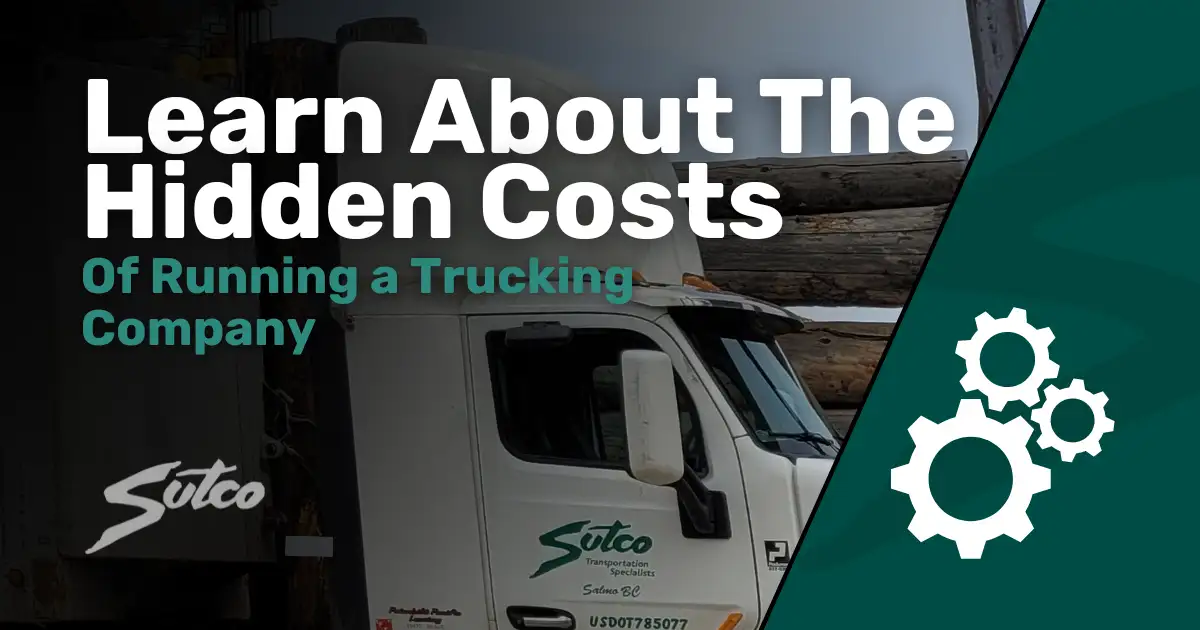Equipment Costs
One of the most significant expenses for a trucking company is the cost of purchasing and maintaining trucks and trailers. Whether buying new or used vehicles, upfront costs can be substantial. Additionally, ongoing maintenance, repairs, and upgrades are necessary to keep the fleet in optimal condition. It’s essential to budget for routine maintenance and unexpected repairs to avoid downtime and ensure the safety of drivers and cargo.
Fuel Costs
Fuel is a major operating expense for any trucking company. Fluctuations in fuel prices can significantly impact profitability, making fuel management a critical aspect of fleet management. Implementing fuel-efficient driving practices, investing in fuel-efficient vehicles, and monitoring fuel consumption can help mitigate costs. Moreover, exploring fuel discounts and incentives offered by fuel card programs and partnering with fuel providers can lead to significant savings over time.
Driver Compensation
Driver wages and benefits constitute a significant portion of a trucking company’s expenses. Offering competitive pay, benefits such as health insurance and retirement plans, and incentives for safe driving and on-time deliveries are essential for attracting and retaining qualified drivers. Additionally, complying with regulations such as hours of service and ensuring fair compensation for overtime and detention time is crucial for driver satisfaction and retention.
Insurance Premiums
Insurance is a necessary expense to protect against various risks associated with operating a trucking company, including liability, cargo damage, and worker’s compensation. Premiums can vary depending on factors such as the size of the fleet, driving records, cargo type, and coverage limits. Working with insurance brokers specializing in commercial trucking can help identify the most cost-effective insurance solutions tailored to the company’s needs.
Compliance and Regulatory Costs
Compliance with federal and state regulations is non-negotiable for trucking companies. From obtaining operating authority and permits to complying with safety regulations such as DOT inspections and maintaining accurate records, there are numerous compliance-related costs to consider. Investing in compliance management software and training programs can help streamline regulatory processes and minimize the risk of fines and penalties.
Administrative and Overhead Costs
Administrative expenses such as office rent, utilities, payroll processing, and administrative staff salaries contribute to the overall overhead of running a trucking company. While these costs may seem relatively minor compared to other expenses, they can add up over time. Implementing cost-saving measures such as adopting cloud-based software solutions, outsourcing non-core functions, and negotiating favorable terms with vendors can help reduce administrative overhead.
Technology Investments
In today’s digital age, leveraging technology is essential for staying competitive in the trucking industry. Investing in telematics systems, GPS tracking, electronic logging devices (ELDs), and fleet management software can improve operational efficiency, driver safety, and customer service. While there is an upfront cost associated with implementing these technologies, the long-term benefits in terms of cost savings and improved productivity can outweigh the initial investment.



